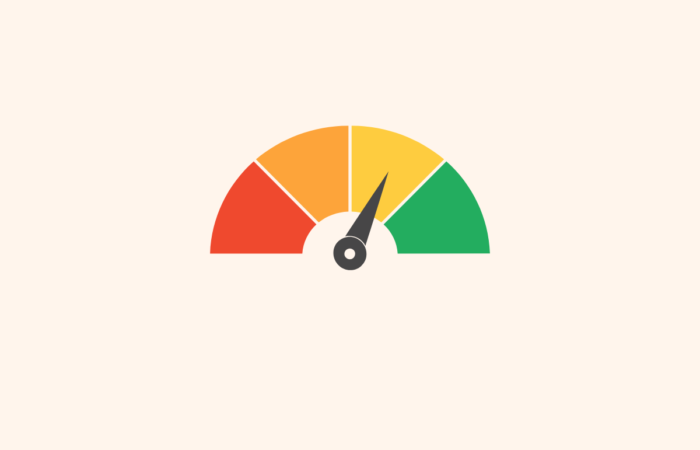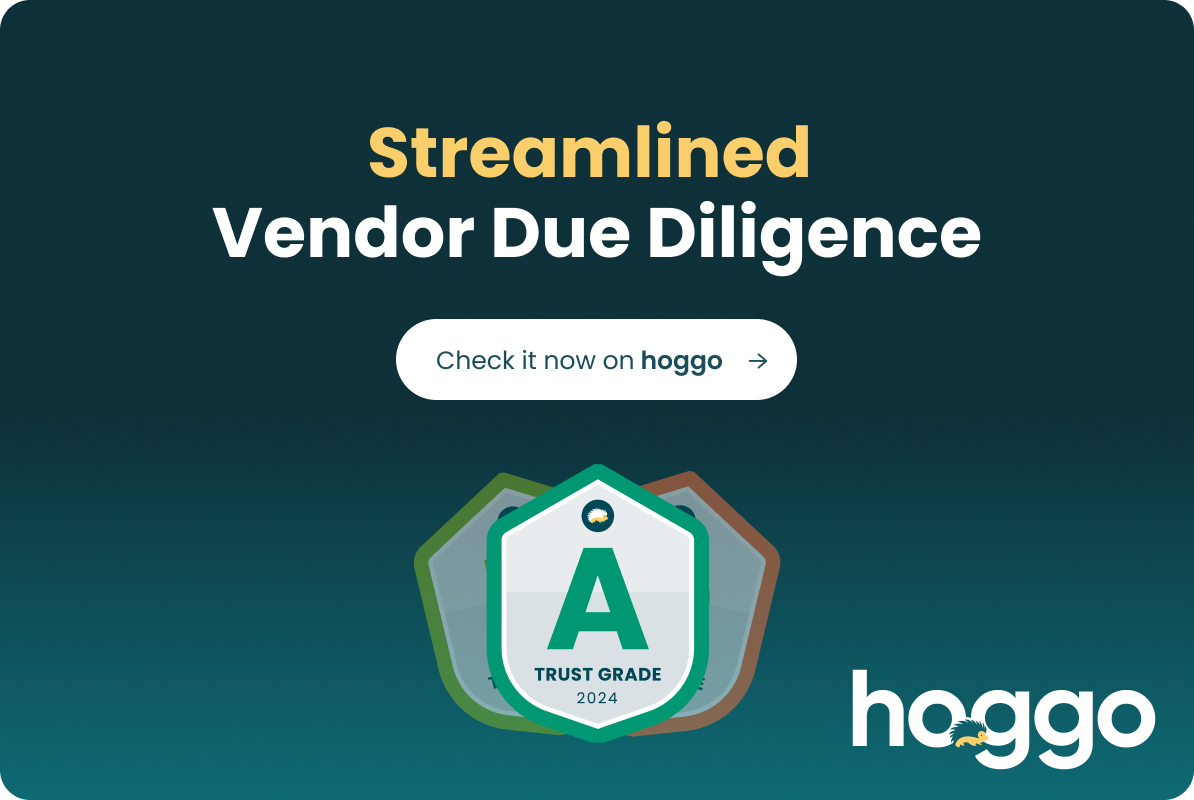The Florida Digital Bill of Rights (FDBR) – Overview
Florida has taken a bold step forward. The Sunshine State’s new Digital Bill of Rights (FDBR), effective July 1, 2024, aims to reshape the landscape of online privacy protection. This groundbreaking legislation empowers Floridians with unprecedented control over their personal data and demands greater transparency from tech giants. Let’s delve into the key aspects of this law and its implications for both consumers and businesses.

Who’s Affected by the Florida Digital Bill of Rights?
Tech Giants in the Spotlight
The FDBR doesn’t cast a wide net over all businesses. Instead, it zeroes in on major players in the tech industry.
To fall under the FDBR’s purview, a company must:
- Conduct business in Florida
- Boast an annual global revenue exceeding $1 billion
- Meet one of the following criteria:
- Derive 50% or more of global gross annual revenue from online ad sales
- Operate a consumer smart speaker service with cloud-connected voice activation
- Run an app store or digital distribution platform with at least 250,000 different apps
In the face of this narrow focus, many small businesses are able to continue to do business as usual while the tech giants have to take on significant new responsibilities.

Key Provisions of The Florida Digital Bill of Rights
1. Enhanced Data Transparency
Companies must now provide clear, accessible privacy notices detailing their data collection and usage practices. These notices require annual updates, ensuring consumers stay informed about how their information is handled.
If sensitive information or biometric information is sold, the controller will be required to disclose that they sell information. This disclosure must be easily accessible.
2. Opt-Out Options for Advanced Tech
The FDBR mandates opt-out choices for voice and facial recognition technologies. This provision gives Floridians the power to decline data collection through these increasingly prevalent methods.
3. Curbing Surveillance Overreach
Under the new law, companies face restrictions on data gathering when devices are not in active use. This measure aims to protect consumers from unwarranted surveillance.
4. Search Engine Transparency
In a novel approach, the FDBR requires search engines to disclose factors influencing their page rankings. This includes revealing any political biases that may affect search results, promoting greater transparency in information access.
5. Stricter Data Retention Policies
Businesses must adhere to new data retention limits. Personal information can be stored for a maximum of two years since the last interaction, with some exceptions based on necessity.

Keeping Minors’ Data Safe
The FDBR places special emphasis on safeguarding children in online spaces:
- Prohibits processing data of under-18s that could pose risks
- Restricts profiling of minors unless demonstrably safe – the only way profiling is permitted is if the platform can demonstrate that it does not pose a risk to the child.
- Limits collection and use of children’s geolocation data – unless it’s needed for providing a service, the law prevents controllers from collecting, selling, or sharing a child’s geolocation
- Bans deceptive practices aimed at acquiring children’s information – methods that encourage children to share data not needed to provide the service are now illegal.

Enforcement and Penalties
Florida’s Department of Legal Affairs will oversee FDBR enforcement.
Violators face potential fines of up to $50,000 per violation—a significant increase compared to similar laws in other states.

How the FDBR Stands Out
Broader Definition of Personal Data
Unlike some state privacy laws, the FDBR’s definition of personal data includes pseudonymous information. This expanded scope increases the compliance burden for affected companies.
Government Hands Off Social Media
In an interesting twist, the FDBR prohibits government entities from moderating or removing content from social media platforms. This provision aims to protect free speech in digital spaces.
Conclusion
A New Era for Digital Privacy in Florida
The Florida Digital Bill of Rights marks a significant milestone in the ongoing battle for online privacy. While its scope may be limited to major tech players, its impact promises to be far-reaching. As companies scramble to align their practices with these new requirements, Floridians can look forward to greater control over their digital footprints.
For businesses operating in the Sunshine State, the message is clear: prioritize user privacy or face substantial consequences. As this law takes effect, it may well set a new standard for digital rights legislation across the nation.

Noa Kahalon
Noa is a certified CIPM, CIPP/E, and a Fellow of Information Privacy (FIP) from the IAPP. Her background consists of marketing, project management, operations, and law. She is the co-founder and COO of hoggo, an AI-driven Digital Governance platform that allows legal and compliance teams connect, monitor, and automate digital governance across all business workflows.
- Noa Kahalon#molongui-disabled-link
- Noa Kahalon#molongui-disabled-link
- Noa Kahalon#molongui-disabled-link





